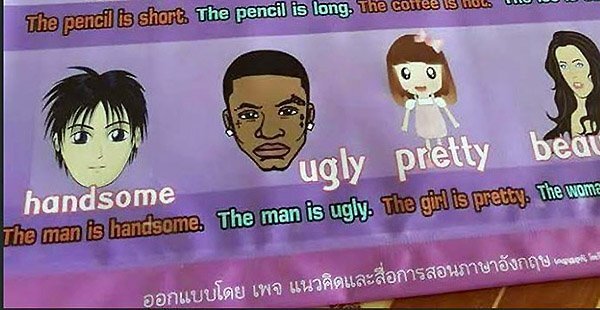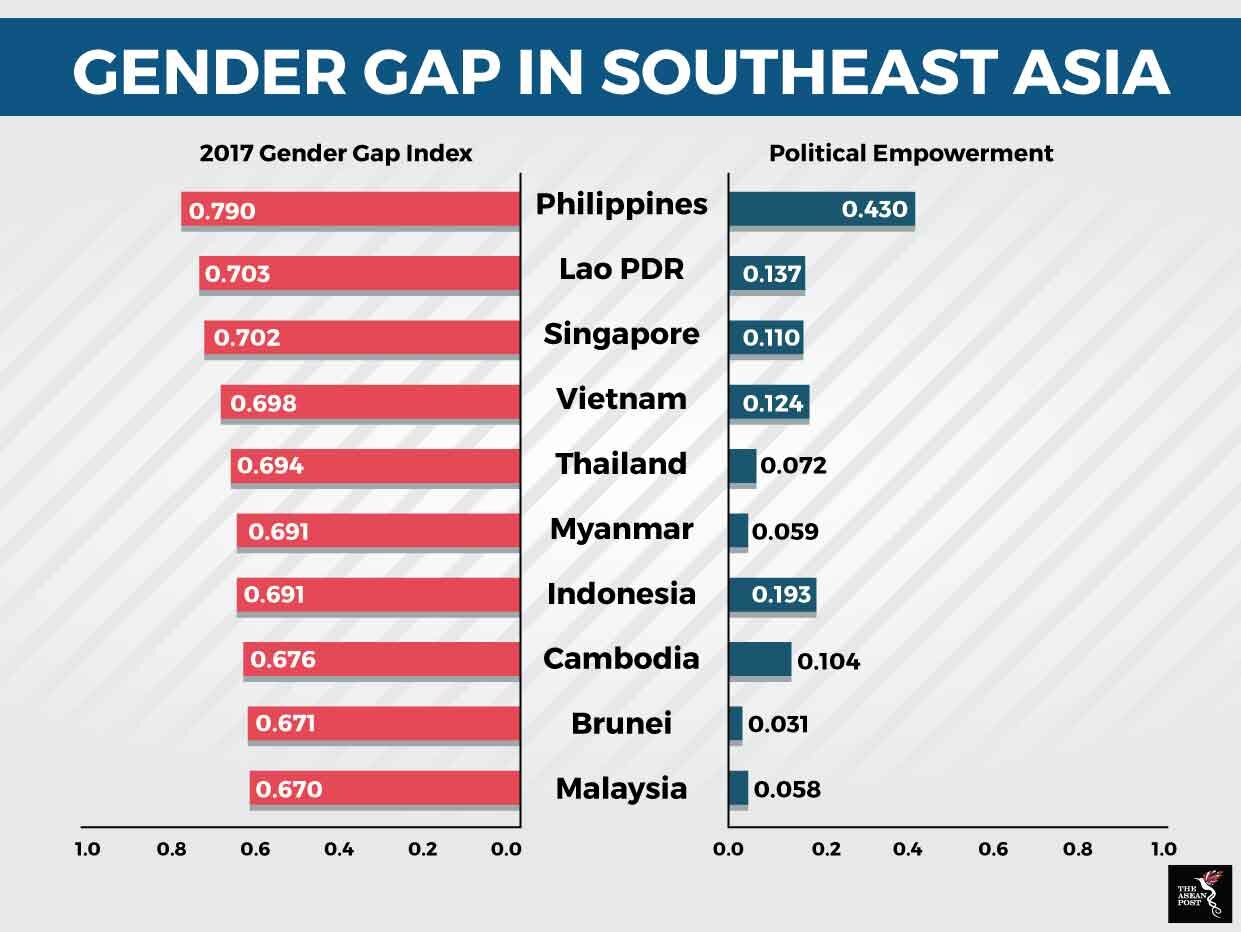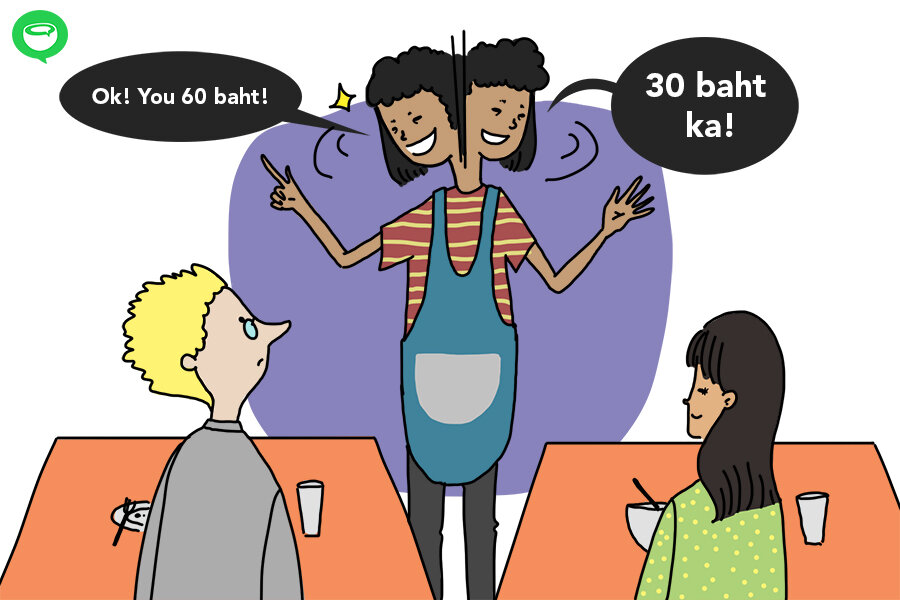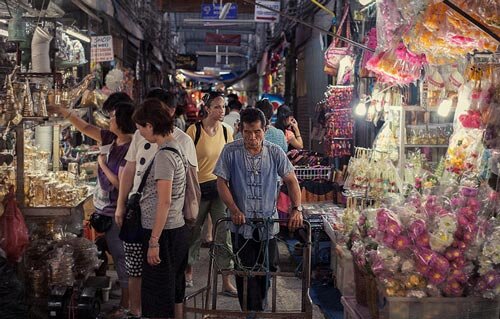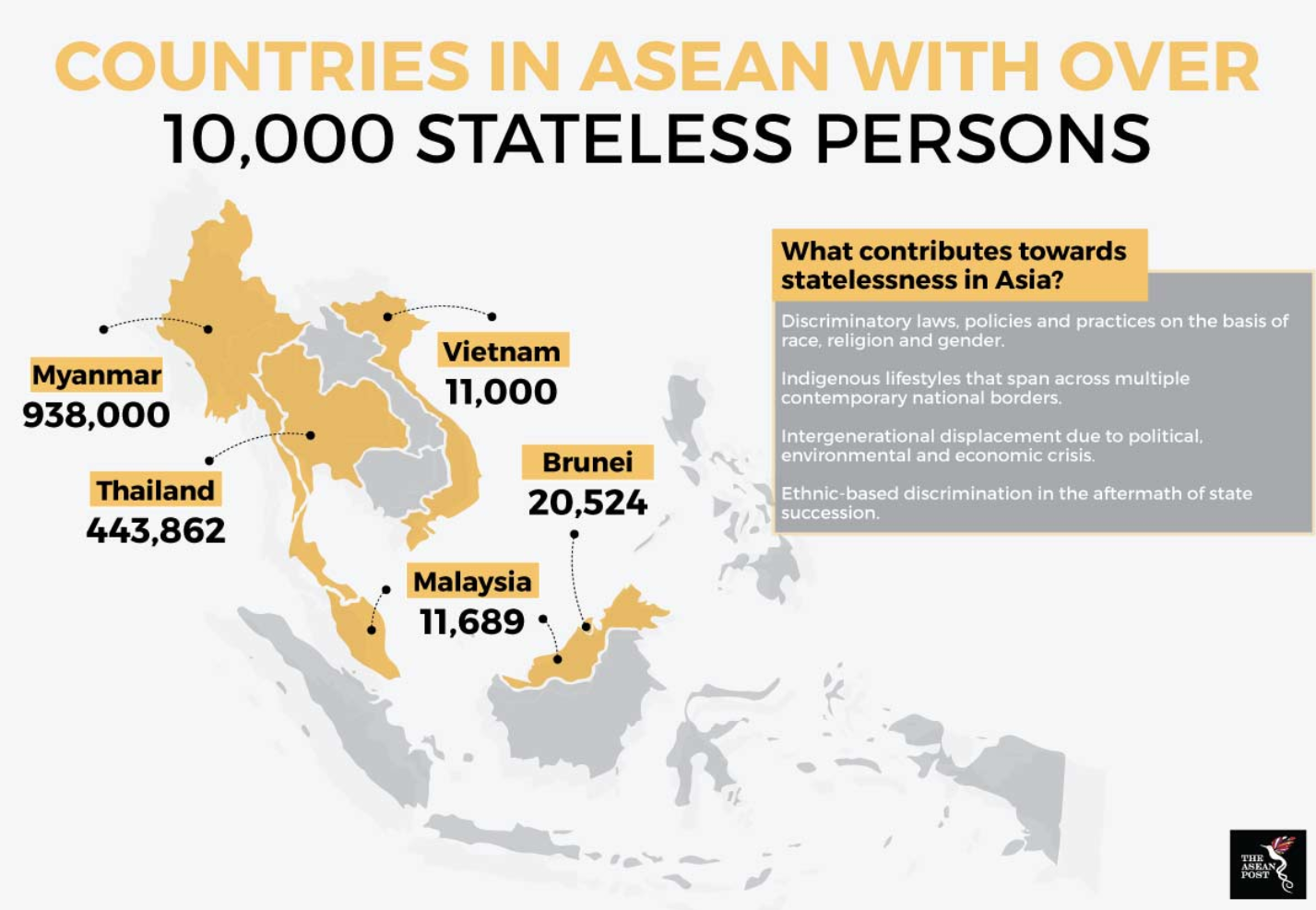Discrimination Is A System Wide Epidemic That Is Built In the Fabric Of The Country
The Thai Constitution says that the country, “Restricts discrimination based on nationality, gender, language, social status, religion, education and political affiliation” which is echoed by the Thailand Labor Protection Act of 1998. However, discrimination is built into the fabric of Thai society for personal gain, hate of other ethnic groups and ignorance.
Problems
Women: There are fewer women in the workforce than men. However the women that are in the workforce get paid less than men. Thailand has one of the fewest percentages of women working in their country’s parliament in the entire world.
Migrants: Migrants are unable to get benefits or any aid from the government. They are usually sold into trafficking or forced labor. They are paid severely less for the same work as a Thai. Many are feared and misunderstood.
Rural Thais: All children born in Thailand, regardless of their ethnicity, must be born in a hospital to obtain a birth certificate and passport. If they do not have access to a hospital or it is too far away, then the government cannot confirm the identity of the child and the child is unable to get lawful rights entitled to them. As a result, they do not have access to the government’s medical, educational or other services nor protection of their basic rights.
Prices vary depending on your ethnicity: Prices in hospitals, restaurants, government historical centers, transportation and even places of enjoyment such as waterfalls are contingent on the color of one’s skin and their ethnic background. There is a standard price for people who look Thai, a secondary price for people with white skin, a price for Chinese and another price if you have black skin. This comes either out of hate for specific people groups or from greed, thinking that people from other countries make more money than Thais, and some Thais exploiting everyone who looks different than they do.
Financial Status Equals Power: People who are rich have the power in Thailand. They pay government or police officials off with bribes and are able to do whatever they wish with little consequence. As a result, the poor are not only marginalized they become targets for trafficking, forced labor and small business owners forced to pay protection bribes.
Statistics
79% of migrant children are not born in a hospital or with a birth certificate.
Dual pricing stems from a combination of the barter system and the economy of the developing nature of Thailand. 17 million Thais makes 9,000 baht/month ($300). This makes the dual pricing ok in the eyes of many people
The average Thai has 150,000 baht of debt ($5,000), which grows 6-20% every month.
An antibody screening costs Thais 130 baht ($4). Most expats will pay 190 baht ($6) while retirees and tourists pay double, 260 ($9) baht for the same treatment. An HIV test will cost Thais nationals 160 baht ($5), expats 260 baht ($9) and 320 baht ($11) for retirees/tourists
In 2018, Thailand’s medical tourism brought in an estimated 18.4 billion baht ($600 million). They want to make more money by exploiting the foreigners.
The World Economic Forum puts Thailand in 60th place, out of 145 countries measured, in its Gender Gap Index.
Women make just 77% of the average male salary when performing the same work
Women also represent just 5% of all members of parliament, one of the lowest percentages in the world.
Thailand experiences a 38% loss in potential human development due to gender inequality alone
What Are We Doing About It?
Provide Equal Opportunities
We provide equal opportunities and pay for people no matter the gender, ethnic or religious background.
Provide Free English
We provide free English for all children who want to further their education, who are in a dangerous situation or who are unable to learn due to lack of money so they will have the potential for new opportunities and will be able to provide for their families.
Provide Awareness
We provide awareness and teach Thais how to become advocates against discrimination so they can impact the people around them.
Provide Coaching
We provide personal coaching so people are able to develop personally and with critical thinking. This affects their actions and thought process, which can be replicated by the people they influence and impact.
We provide coaching for the people being affected by discrimination so they can learn how to handle various situations and give them an outlet to voice their frustrations.
Provide Medical Care
We provide medical care for the families and children who are in dire need and unable to pay for medical care because of lack of opportunity in the work place, their inability to get health care from the government because of their ethnic background or the cost is too high due to dual pricing.
Resources
See For Yourself…
